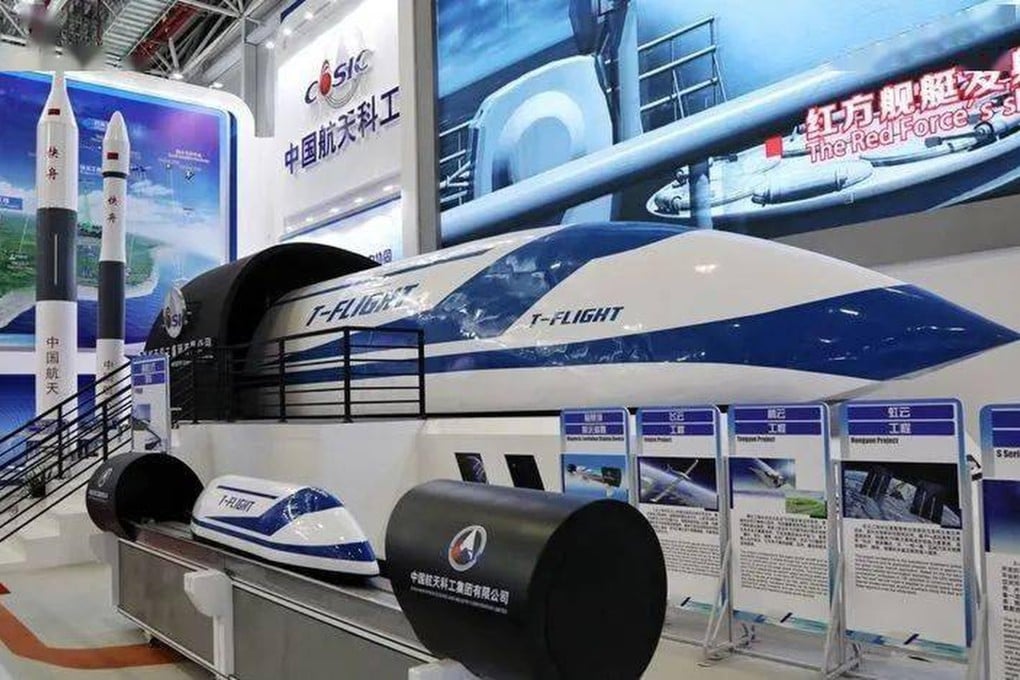Elon Musk’s Hyperloop can be ‘extremely unpleasant’, China project scientists have ‘cure’
Have engineers at the world’s first full-scale maglev test line in Shanxi province overcome a critical flaw in the superfast travel concept?

A study published by China’s peer-reviewed Journal of Railway Science and Engineering on May 16 showed that even minor imperfections – such as uneven coils or bridge deformations – would turn a journey into an ordeal, even in near-airless tunnels.
The team found that track irregularities and electromagnetic resonance were enough to trigger violent low-frequency vibrations in maglev cars travelling at the technology’s cruising speed of 1,000km/h (612mph).
Using the 1940s-era Sperling Index, an international metric for ride comfort, the study showed that oscillations amplified at specific speeds, with a peak at 400km/h (249mph) reaching a level of vibration deemed “extremely unpleasant”.